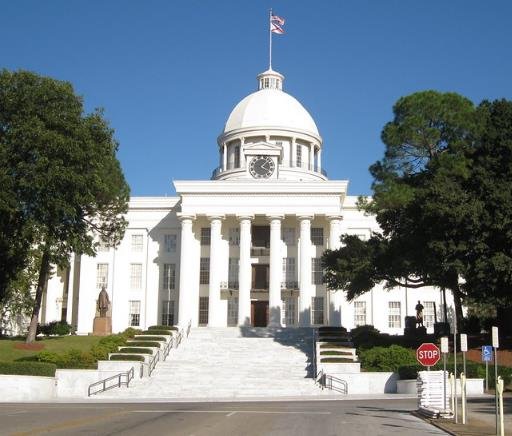Efforts to legalize sports betting in Alabama are hitting a wall, with key supporters admitting they don’t have the votes needed to push legislation forward. Sen. Greg Albritton, a long-time advocate for gambling expansion, says he’s short of the 21 votes required in the Senate—and without them, there won’t be a bill.
No Bill Without the Votes
Albritton made it clear: if he had the votes, there would already be a bill on the table. But the reality is different. Speaking on Capitol Journal, a local political television show, he didn’t sugarcoat the situation.
“I would have a bill today dropped if I had 21 votes in the Senate,” Albritton said. “I don’t have 21 votes in the Senate.”
That’s a tough spot for anyone pushing for legalized sports betting in a state where gambling remains a controversial issue. Alabama is one of just five states without a lottery, and previous attempts to pass gambling bills have all hit roadblocks. Even last year, when the Alabama House approved a gambling package, the Senate shut it down.

A “Moral Obligation” to Regulate Gambling?
Albritton is framing the issue as more than just money—he says it’s about responsibility. He believes Alabama has a duty to regulate gambling, not just let it happen in the shadows.
“Last week, before Sunday’s Super Bowl, bets were being made in the State House,” he said. “I’ll say it that way. Bets were being made.”
That’s a telling admission. If gambling is already happening—unregulated, untaxed, and outside the law—why not legalize and control it? Albritton even joked about Alabama native Jalen Hurts making people money in the Super Bowl, a reference to widespread betting.
But moral arguments haven’t been enough to sway the Senate. Even with public interest and growing pressure, lawmakers remain divided.
Tribal Influence and Political Maneuvering
One of the biggest question marks in this debate is the role of the Poarch Band of Creek Indians (PCI). They’re Alabama’s only federally recognized tribe, and they’ve been making moves that suggest they’re preparing for gambling expansion.
- In November 2024, PCI hired Fine Geddie, a powerful lobbying firm.
- They recently bought Birmingham Racecourse, raising speculation about their intentions.
Some thought tribal lobbying efforts could tip the scales in favor of gambling legislation. But Albritton says that’s not happening.
“It doesn’t seem to [help],” he admitted. “I can’t seem to get my 21 votes.”
That raises a bigger question: what, if anything, could change lawmakers’ minds? If lobbying, public demand, and economic incentives aren’t enough, what will be?
What’s Next for Alabama Gambling?
Senate President Pro-Tem Garlan Gudger suggested earlier this year that lawmakers might discuss the issue early in the session if interest was high enough. But with Albritton struggling to find the votes, that seems unlikely.
For now, Alabama remains stuck in place. No lottery, no legal sports betting, and no clear path forward. Other states are raking in revenue from legalized gambling, while Alabama continues to debate whether to even bring the issue to a vote.
Unless something changes, sports betting in Alabama will stay exactly where it is: happening behind closed doors, outside of state control, and without contributing a dime to public funds.
Leave a Reply